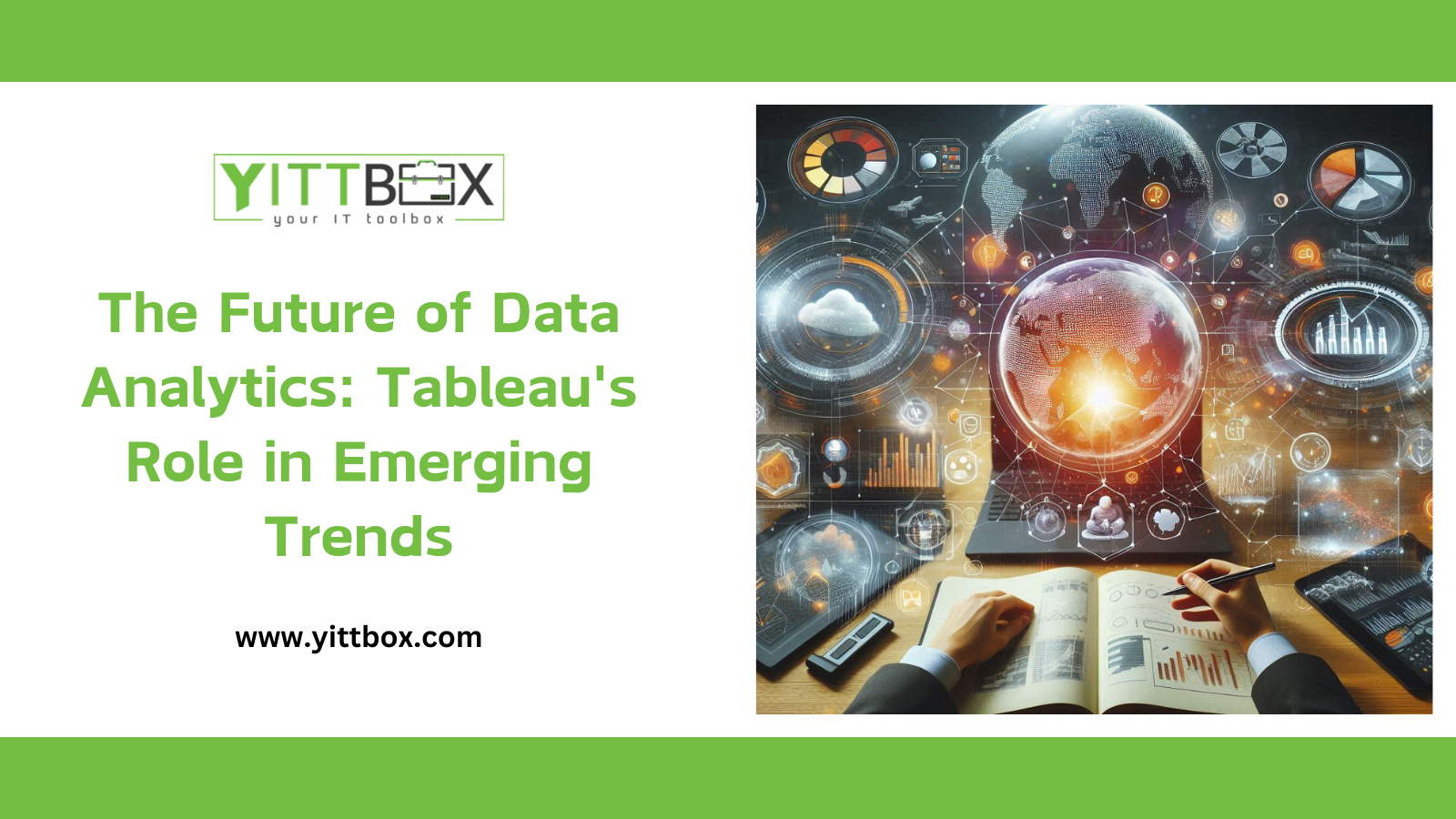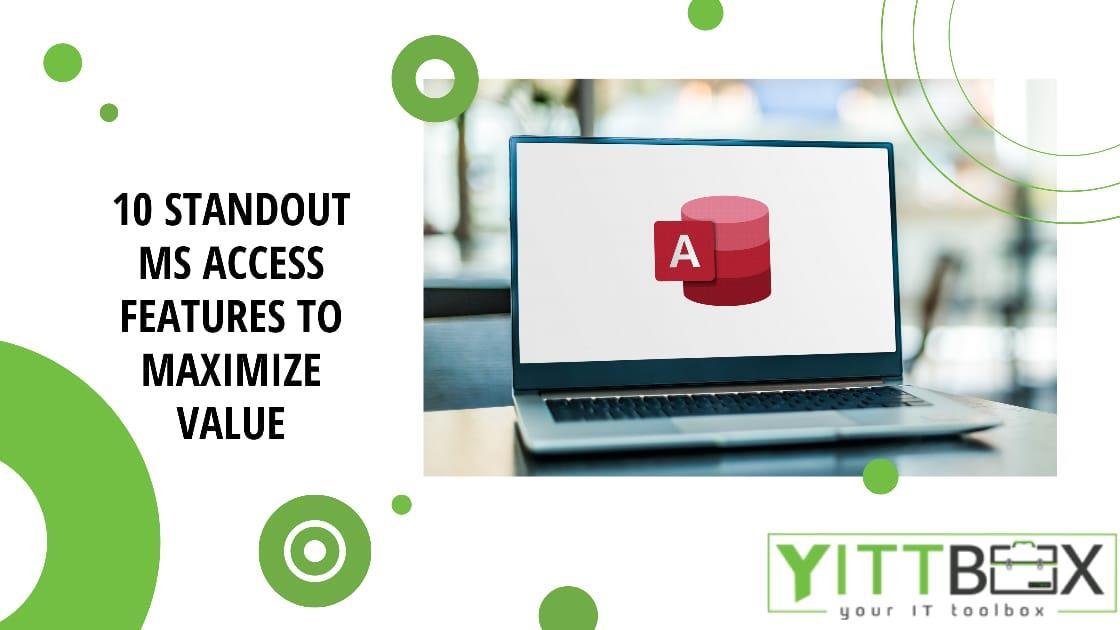The Future of Data Analytics: Tableau's Role in Emerging Trends
In the rapidly evolving world of data analytics, staying ahead of the curve is essential for businesses and professionals alike. As organizations increasingly rely on data-driven decision-making, the tools and technologies used to analyze and visualize data are also advancing. Tableau, a leading data visualization platform, is at the forefront of this transformation. In this blog, we'll explore the future of data analytics and Tableau's role in shaping emerging trends.
The Rise of Self-Service Analytics
One of the most significant trends in data analytics is the rise of self-service analytics. As organizations seek to empower employees to make data-driven decisions, there is a growing demand for tools that enable non-technical users to access and analyze data independently. Tableau's intuitive drag-and-drop interface and robust visualization capabilities make it an ideal solution for self-service analytics. By democratizing data access, Tableau allows users across the organization to explore data, generate insights, and make informed decisions without relying on IT or data specialists.
Integration of Artificial Intelligence and Machine Learning
Artificial intelligence (AI) and machine learning (ML) are transforming the way data is analyzed and interpreted. These technologies can uncover patterns and trends that are not immediately apparent to human analysts. Tableau is increasingly integrating AI and ML capabilities into its platform, enabling users to leverage advanced analytics without requiring deep technical expertise. Features like "Explain Data" and "Ask Data" allow users to ask natural language questions and receive insights generated by AI algorithms, making complex data analysis more accessible.
Emphasis on Real-Time Analytics
In today's fast-paced business environment, the ability to analyze data in real time is crucial. Real-time analytics allows organizations to respond quickly to changing conditions, optimize operations, and make timely decisions. Tableau's support for live data connections and real-time dashboards enables users to monitor key metrics and performance indicators as they happen. This capability is particularly valuable in industries like finance, healthcare, and retail, where timely insights can have a significant impact.
The Growing Importance of Data Governance
As data becomes an increasingly valuable asset, ensuring its accuracy, security, and compliance is more important than ever. Data governance involves establishing policies and procedures for managing data throughout its lifecycle. Tableau's data management capabilities, including data cataloging, data lineage, and role-based access controls, help organizations maintain data quality and compliance. By providing a centralized platform for managing and governing data, Tableau supports organizations in building trust in their data and analytics.
The Shift to Cloud-Based Analytics
Cloud computing is revolutionizing the way data is stored, processed, and analyzed. The shift to cloud-based analytics offers numerous benefits, including scalability, flexibility, and cost savings. Tableau's cloud offerings, such as Tableau Online and Tableau Server on cloud platforms, enable organizations to deploy and manage their analytics infrastructure in the cloud. This allows for seamless access to data and analytics from anywhere, facilitating collaboration and supporting remote work.
Enhanced Collaboration and Data Storytelling
Collaboration and data storytelling are becoming increasingly important in data analytics. Tableau's collaboration features, such as shared dashboards, commenting, and version history, enable teams to work together and share insights effectively. Additionally, Tableau's visualization capabilities support data storytelling by allowing users to create compelling and interactive visualizations that communicate complex data in a clear and engaging way. By fostering collaboration and enhancing communication, Tableau helps organizations build a data-driven culture.
Conclusion
The future of data analytics is dynamic and full of opportunities. Tableau's role in emerging trends, such as self-service analytics, AI and machine learning, real-time analytics, data governance, cloud-based analytics, and enhanced collaboration, positions it as a key player in the evolving landscape of data analytics. As organizations continue to embrace data-driven decision-making, Tableau's innovative tools and features will play a crucial role in enabling users to uncover insights, tell compelling data stories, and drive business success.







